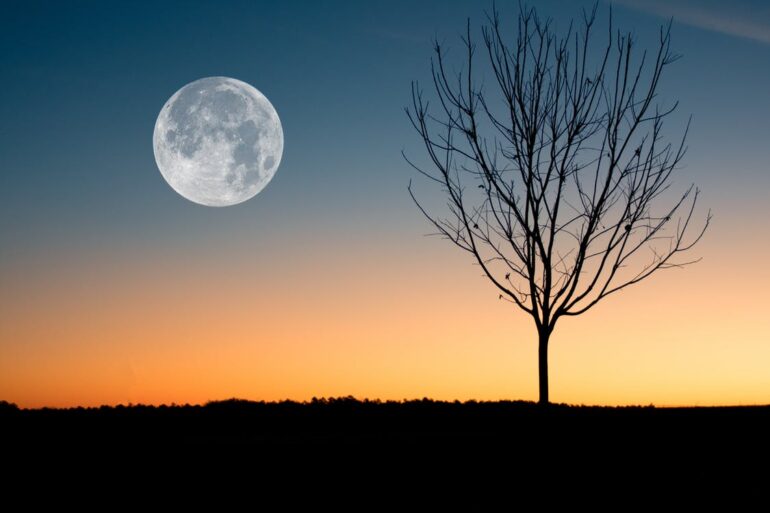When does the new year begin on the Hebrew calendar?
That’s a trick question, because there are four answers. Are you asking from the perspective of the trees? Or the animals? Or the kings? Or humanity?
In the Torah, all months are described by their number. The names of months that we currently have are a later addition, and are not actually Hebrew in origin.
The first month corresponds to the first month that we, as an Israelite nation, were born. It was actually our first commandment as a nation — to keep the months according to our own calendar.
It makes sense from a nature-based perspective why this should be the first month, because it’s when flowers start to bloom, and the world seems to be reborn after winter. This is the month of Passover, a holiday full of stories about birth. Today we call this month Nisan. It also corresponds to the first sign in the zodiac, Aries.
Despite being the first month, it’s not the time when our calendar year changes. That happens in the seventh month. Which seems to make no sense, except when you read Vayikra 23:25, which states, “In the seventh month, on the first day of the month, you shall observe complete rest, a sacred occasion commemorated with loud blasts.”
So now we see a connection between the days of the week and the months of the year, because like the weekly commemoration of the seventh day, there is an annual cycle, where the seventh month is a holy month. No wonder it’s not just a holiday for one day, but it’s basically a full month of rest and celebrations!
And that’s not the last time we mark the seventh as holy. We also honour the seventh year in a seven-year cycle, as Shmitta. In 5782, we’re in that now.
How can you let your fields lie fallow? Take only from what’s already grown, and do no labour?
And even seven-year cycles have a cycle. Every fiftieth year, after seven cycles of seven years, we celebrate a Jubilee year, where all debts are annulled, and where people return to their ancestral lands.
You might be thinking, we Hebrews really love to party. And while that’s true, the deeper truth is that we really love to mark things as sacred, as holy. Because there’s more to life than toil. There’s connecting with family, there’s resting, there’s gratitude for all that we have, and there’s remembering Who is the One Who created all of this, to Whom thanks is due, and Who is more powerful than all other forces.
Remember that you are not a slave to your boss, or to your smartphone, or to the system you work under. You are free from all human constraints. And when you make a point to revel in that freedom every day, every week, every month, and every year, you are viscerally reminded of who you are, and why you are really here.





